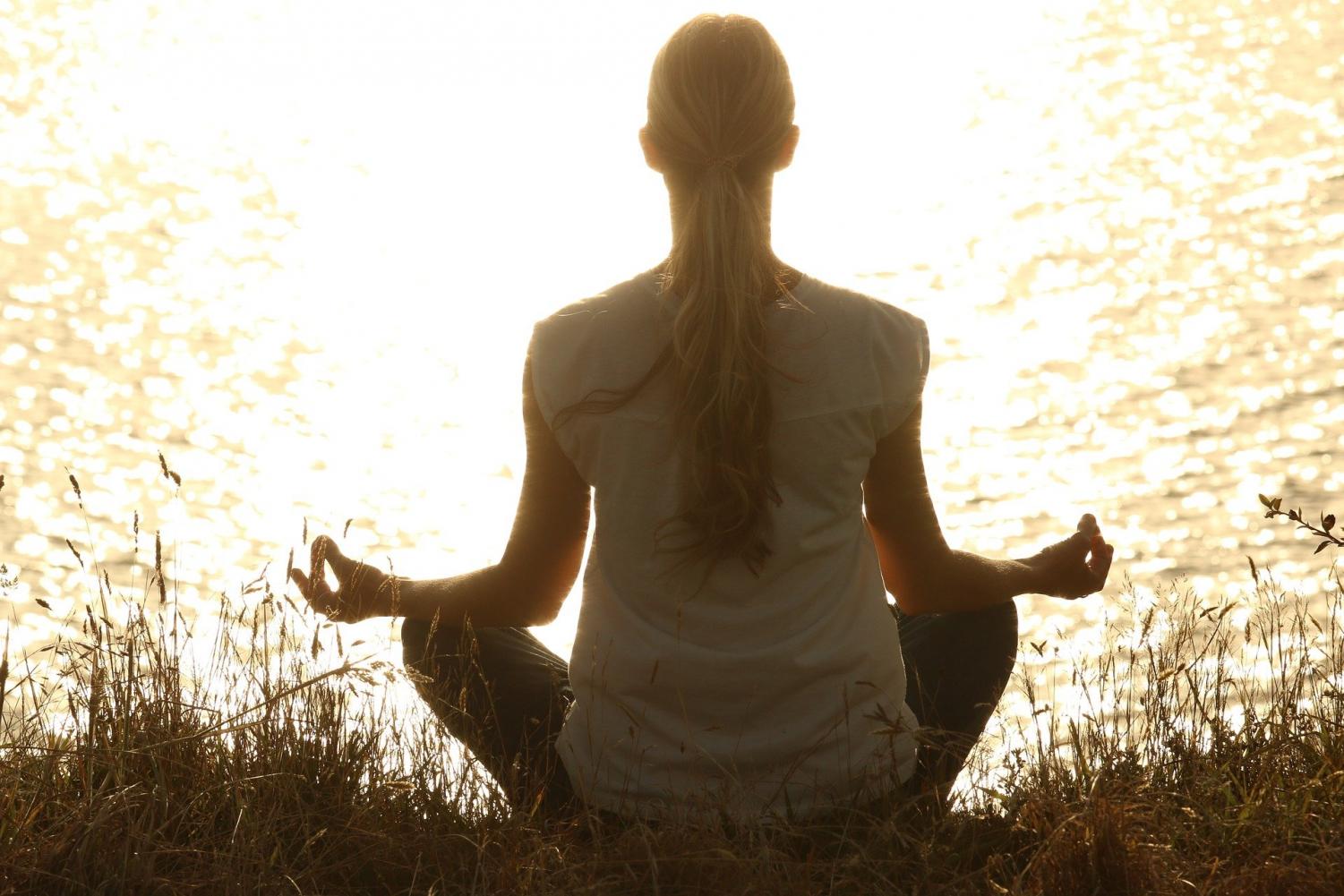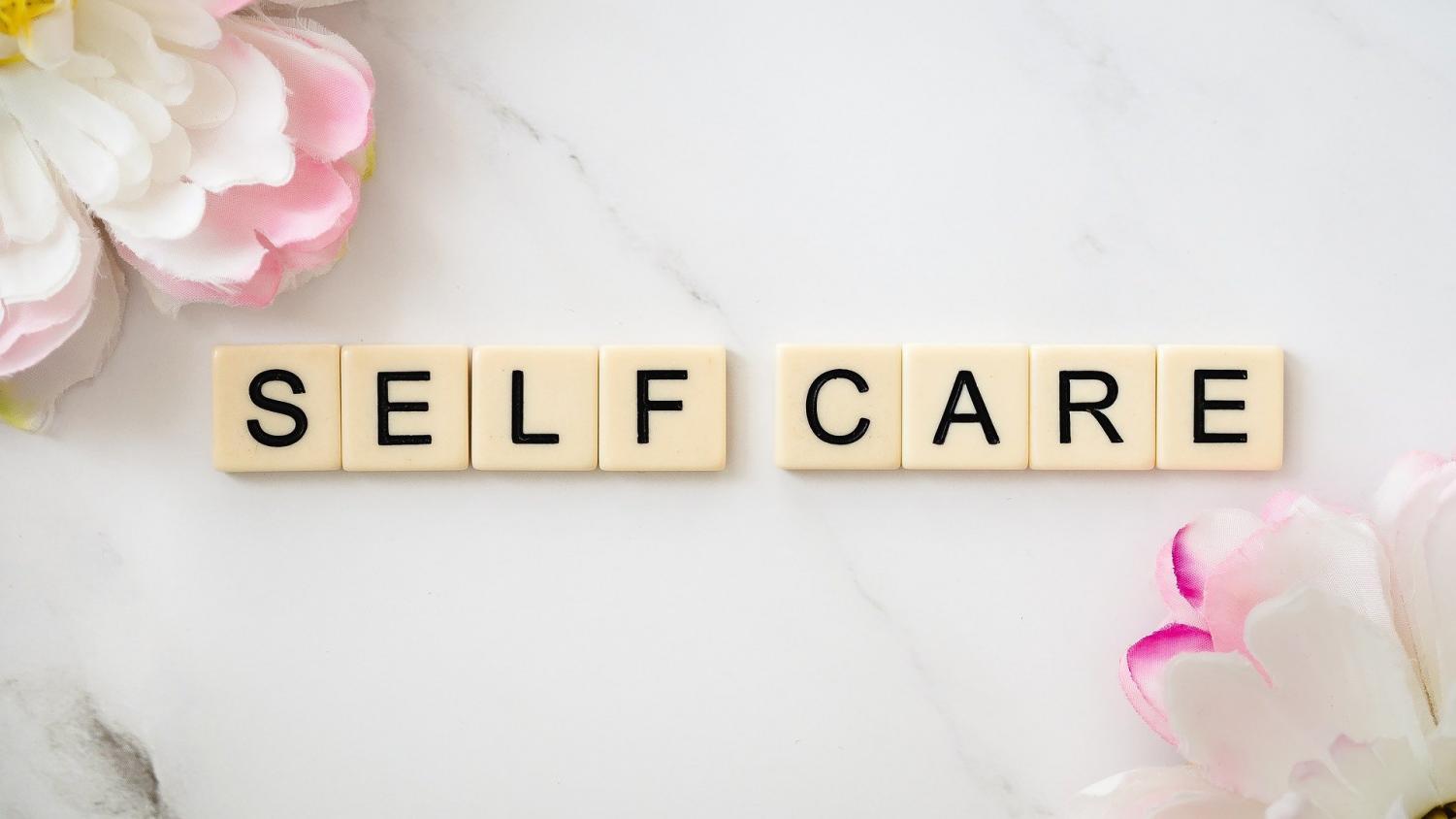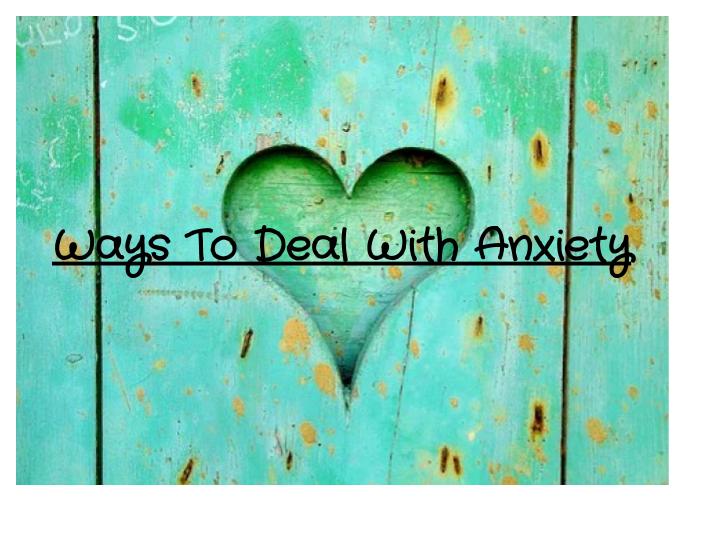A happier you: Ways to deal with anxiety
POSTED October 7, 2020
Anxiety is the most common mental illness in the U.S with over 40 million adults suffering from it, but despite (it) being extremely common, less than 37% of people receive the proper medical attention. Anxiety can lead to bigger problems such as insomnia, substance abuse, chronic pain, headaches, digestive issues, social isolation or even depression. Oftentimes anxiety will start off small, but as time goes on it gets worse and harder to deal with. Many experts say that in order to live a fulfilling life you need to know how to handle your anxiety. So today, I’m going to be talking about small things you can do to help keep your anxiety under control.
Step 1. Find the source
Anxiety is like a weed. You may cut it down but if you don’t pull up the roots, it’s bound to come back. In order to start dealing with anxiety it’s helpful to know what causes it. To find the source, ask yourself what it is that gives you anxiety and why. Whether it’s school, work, family, friends, or something else by knowing what it is that makes you feel anxious you are better prepared to start dealing with the problem at its source and are already one step closer to overcoming it.

Step 2. Slow Down and Take Some Deep Breaths
Sometimes it can be hard to identify what it is that is making you feel anxious. It’s those moments when you know that nothing is wrong, but yet you still feel as though something horrible is going to happen that can be crippling. It’s in times like this that you need to be able to slow yourself down. When you get stressed your body’s natural reaction is to speed up. Your heart beats faster, your breathing picks up becoming more erratic and your blood pressure increases. One way to slow yourself down is by taking some deep breaths. When you take deep breaths you are forcing your body to slow down. The deep breaths help to control your breathing, by controlling your breathing your heart rate will naturally slow down and your blood pressure will begin to return to normal. By doing this it will help your body to relax and get rid of some of that anxiety.

Step 3. Breaks and Humor
In today’s society things are always moving at a fast pace. People want to go, go, go, but they forget the importance of rest. When you feel stress building up it’s okay to take a break. Just about everyone has heard that old saying “Laughter is the best medicine” and in many cases it’s true. When dealing with anxiety it’s easy to get overwhelmed with all the things going on in your head. Sometimes a good laugh is just what you need to help relieve some of that stress. By taking a short 5 to 10 minute break to watch a funny video, read, or maybe even take a walk, you can help your mind to recuperate. Once you’re done with your break you’ll find it easier to get back to whatever it is you need to do.
Step 4. Accept that you can’t control everything
Anxiety is often derived from the fear of the unknown or the lack of control over certain situations. To overcome anxiety you need to be able to accept that there will be times when you aren’t able to control everything around you. It’s a hard thing to do, to let go of what you’ve been holding onto for so long. It doesn’t have to be one big release, it can be a little at a time, but at some point it needs to happen.

Step 5. Take Care Of Yourself
Whether you have anxiety or not, it’s important to take care of yourself, but it’s especially important if you do struggle with anxiety or depression. Try to limit your alcohol, caffeine, and sugar intake. All of these things cause your brain to function inadequately, either by slowing it down or speeding it up which can lead to worsening problems with anxiety. By limiting how much you put into your system and taking better care of your body. Another thing to do is to get enough sleep. Sleep and rest are two very important things to sustain a healthy lifestyle. By getting enough sleep your body is able to cope better with stress and other unpleasant feelings. Eating healthy and exercising are also helpful in reducing anxiety.
Your mental health is important and it’s not something that should be overlooked. In order to deal with things such as anxiety and depression you have to be able to admit to yourself that something is wrong. Once you have done that you need to find steps you can take to help prevent it or to lessen the problem. If you or someone you know is struggling with anxiety or depression please talk to a trusted adult and get help.
